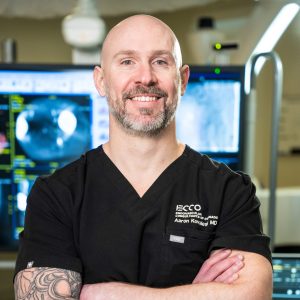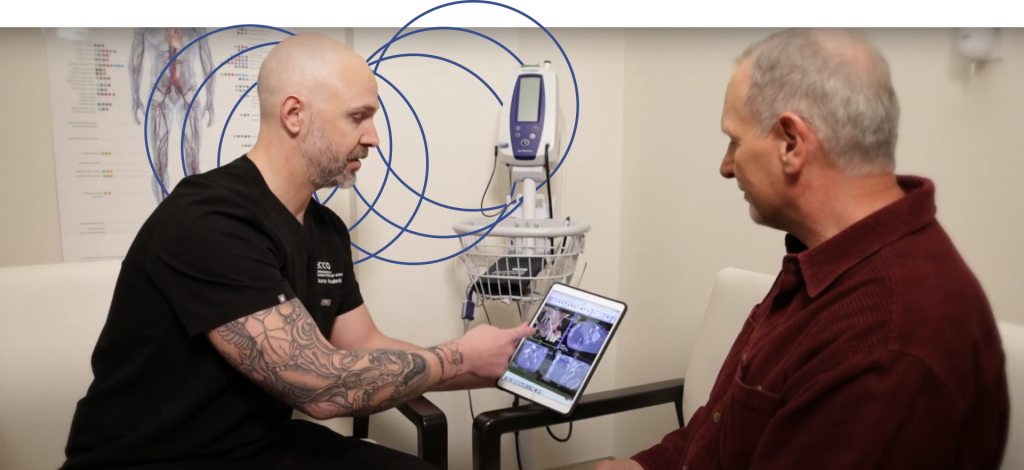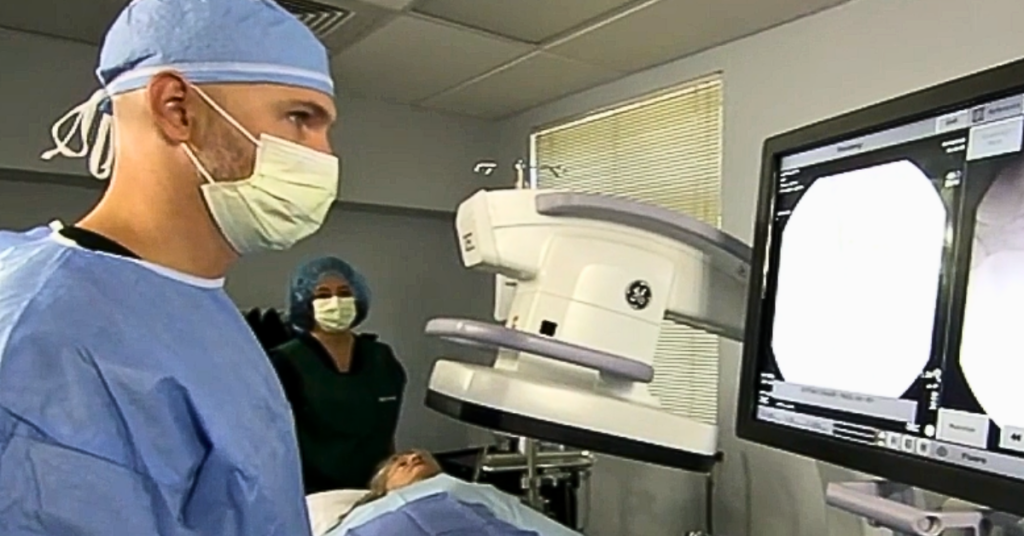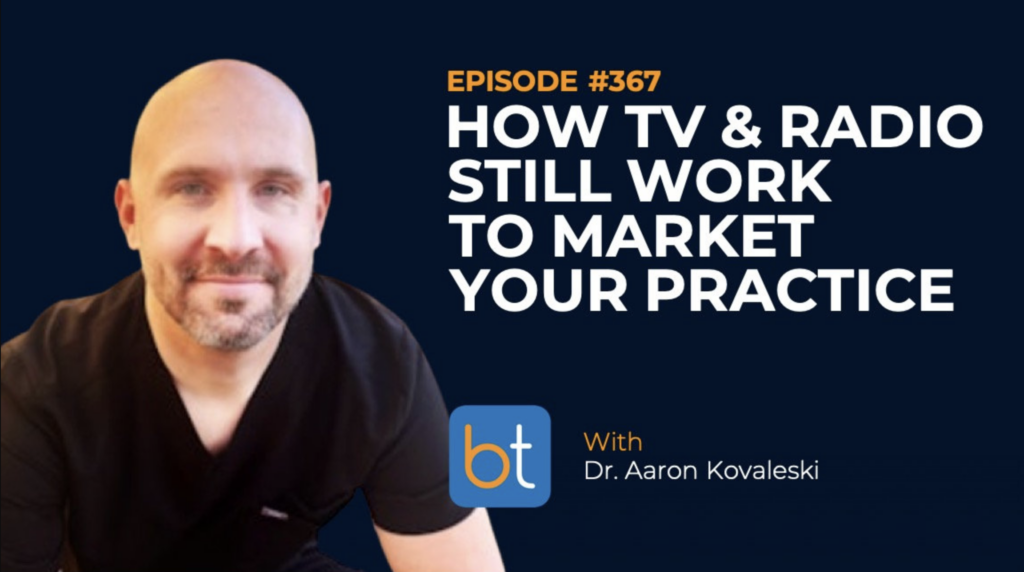Nowadays, researchers have discovered many types of cancer – breast, lung, and skin cancer; the list goes on and on. But one of the most prevalent types of cancer is that which affects the liver.
In November 2022, the CDC (Centers for Disease Control and Prevention) revised their statistical data regarding this disease, and the results were shocking. According to this publication:
“Each year in the United States, about 25,000 men and 11,000 women get liver cancer,” says the CDC, “and about 19,000 men and 9,000 women die from the disease.”
The liver, situated on the upper right side of the body behind the lower ribs, performs many important functions, including:
- Nutrient storage
- Elimination of waste products and worn-out cells from the bloodstream
- Filtration and processing of chemicals found in food, alcohol, and medications
- Production of bile, an essential solution for fat digestion and waste elimination
Because the liver is such a vital, irreplaceable body organ, it can not be fully removed – thus, treatment must be approached with the utmost delicacy. Fortunately, that’s where ECCO Medical’s resident liver cancer treatment specialist, Dr. Aaron Kovaleski, shines.
Introducing ECCO Medical’s Top Liver Cancer Specialist: Dr. Aaron Kovaleski

Dr. Kovaleski is a board-certified Vascular and Interventional Radiologist specializing in image-guided, minimally invasive treatments for a wide variety of conditions – including the Y90 Radioembolization to treat liver cancer.
To date, our team has treated more patients with this condition than anyone else in the entire state of Colorado.
Leading Solutions for Liver Cancer Treatment
ECCO Medical provides three effective treatments for liver cancer: Y90 Radioembolization, Bland Embolization, and Chemoembolization. Each of these procedures is performed on an outpatient basis and has high success rates.
Y90 Radioembolization
ECCO Medical is currently the only outpatient clinic in the state of Colorado capable of performing the Y90 radioembolization procedure. This treatment is designed to cut off or disrupt the blood supply in order to shrink or kill a cancerous tumor.
Here’s how it works: First, microscopic radioactive spheres are injected through a catheter directly into the blood vessels that feed the tumor, simultaneously cutting off the blood supply and radiating the tumor at the same time. Once there, they emit radiation for a period of about a month, killing the tumors from the inside.
The term “Y90” comes from these tiny beads, which contain a radioactive substance called Yttrium-90.
Bland Embolization
Just like with Y90 Radioembolization, Bland Embolization is performed to cut off or disrupt the blood supply in order to shrink or kill a tumor – but with no chemo drugs or radiation required.

A Bland Embolization treatment is a form of targeted therapy utilized to treat liver cancer tumors using microscopic particles such as Polidocanol or Gelfoam. These particles are injected through a catheter directly into the arteries that feed the tumor in order to starve the cancerous growth – causing it to shrink or die off.
Bland embolization, as with Y90, offers many advantages over surgery – no cutting or tissue alteration is involved, and recovery time is significantly reduced compared to surgery or chemotherapy, which can be painful for patients.
Moreover, this outpatient procedure bears minimal risk, and it can be repeated multiple times, if need be, without compromising efficacy.
Chemoembolization
Chemoembolization, also known as transarterial chemoembolization or TACE, is a form of regional chemotherapy used to treat certain types of cancer. It combines the localized delivery of cytotoxic drugs directly into tumors with the obstruction of those tumor’s blood supply, thus increasing their exposure to chemotherapeutic agents while minimizing systemic side effects.
This procedure involves an interventional radiologist inserting a catheter into an artery that supplies blood to the tumor, where they deposit a mixture of chemotherapy drugs and agents to block the blood flow.
The treatment can be used for cancers that have metastasized or spread from their primary location in order to reduce symptoms associated with these secondary tumors. It’s most commonly used in patients with liver cancer who do not want, cannot tolerate, or are not appropriate candidates for surgery.
What to Expect During Embolization Therapy at ECCO Medical
Most embolization procedures used to treat liver cancer can be performed on an outpatient basis at our office in Lone Tree, Colorado.

On the day of their appointment, patients are instructed to arrive one hour before the procedure to get checked in and prepped. Typically, the procedures listed above only take between 1 and 1.5 hours to complete, during which patients will remain under conscious sedation.
Recovery is quick and seamless, allowing patients to be discharged after just a few short hours – though we do ask that you bring a driver along to help you get home safely!
For more information on procedure times, sedation protocols, and follow-up requirements, check out our website.
FAQs About Embolization for Treating Liver Cancer
“What procedures qualify as minimally invasive?”
For a procedure to be considered minimally invasive, it must meet the following criteria:
- Cause less pain compared to open surgery
- Require no hospitalization
- Lead to fewer pre- and post-surgical complications
Additional benefits include no incisions (just a needle poke), minimal scarring, and quicker recovery times.
“Is embolization safe for liver cancer patients?”
Yes, embolization is generally considered to be safe for liver cancer patients and is increasingly being used as a treatment option.
Embolization involves the insertion of tiny particles or agents into a blood vessel, which blocks the flow of blood to tumors in the liver. This can reduce tumor size and thereby reduce symptoms, improve health outcomes, and even prolong life expectancy in certain cases.
“What are the side effects of embolization therapy for liver cancer?”
Generally speaking, the risks associated with embolization are minimal when compared to other treatments, such as surgery or chemotherapy. Some of the common side effects reported include localized pain in the area treated (usually lasting a few hours), fever, nausea, and vomiting.
In some cases, there may also be bloating near the area that was treated, which typically subsides within a few days after completion of the procedure.
“What happens to the tumor after embolization?”
Following embolization of a liver tumor, there are several different outcomes that can occur depending on the size of the tumor being treated:
If the tumor is small, it will usually disappear entirely within 1-2 weeks following embolization without leaving any scar tissue behind. However, in some cases, additional treatments may be necessary if any residual cancerous cells remain after initial treatment.
For larger tumors, additional treatments may also be necessary; however, in these cases, most of the tumors will typically die off within 4–6 weeks post-treatment with minimal risk of recurrence. This is due to necrosis (cell death) caused by a lack of nutrient uptake prior to and during embolization procedures.
Typically, ongoing imaging tests will continue for up to six months following treatment to ensure that no further growth takes place once embolization has been completed successfully.
October is Liver Cancer Awareness Month
The month of October is nationally recognized as Liver Cancer Awareness Month. So, if you or someone you love could benefit from one of ECCO Medical’s innovative treatment options for this condition, schedule your consultation today.



